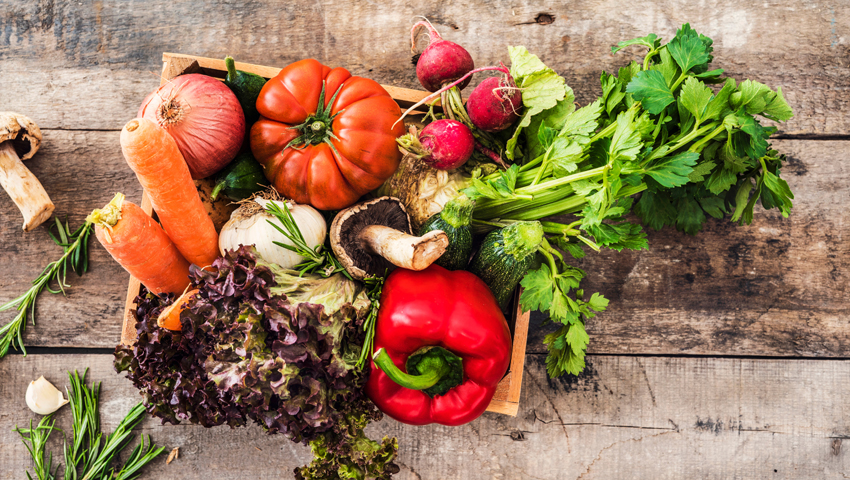FACED with ecological crisis, there has been a growing global interest in agroecology. It has however been difficult to track the volume and quality of agroecology funds or to see how much money is actually invested in ecological agricultural approaches.
To address this question a new tool was launched during the October Committee on World Food Security and ahead of the UN Climate Change Conference COP28 in Dubai.
The new agroecology finance assessment tool aims to improve the tracking and assessment of funding streams for agroecology. The tool is founded on an innovative methodological framework and was developed by an expert team with experience of tracking finance flows for agroecology.
The team was made up of researchers, donors and civil society actors and the online tool was developed by Statistics for Sustainable Development (Stats4SD).
The framework aims to assess to what extent projects or initiatives contribute towards the agroecological transformation of food systems, based on the 13 principles of agroecology.
Reports based on aggregate analysis will be published regularly to track investment trends in agroecology and to provide a clearer picture of the current funding environment in relation to food systems transformation through agroecology.
Going forward, the Agroecology Coalition will work with donors and investors to ensure widespread use of the tool and deliver periodic updates on funding trends for agroecology.
The 13 principles of agroecology
Improve resource efficiency
1. Recycling. Preferentially use local renewable resources and close as far as possible resource cycles of nutrients and biomass.
2. Input reduction. Reduce or eliminate dependency on purchased inputs and increase self-sufficiency
Strengthen resilience
3. Soil health. Secure and enhance soil health and functioning for improved plant growth, particularly by managing organic matter and enhancing soil biological activity.
4. Animal health. Ensure animal health and welfare.
5. Biodiversity. Maintain and enhance diversity of species, functional diversity and genetic resources and thereby maintain overall agroecosystem biodiversity in time and space at field, farm and landscape scales.
6. Synergy. Enhance positive ecological interaction, synergy, integration and complementarity among the elements of agroecosystems (animals, crops, trees, soil and water).
7. Economic diversification. Diversify on-farm incomes by ensuring that small-scale farmers have greater financial independence and value addition opportunities while enabling them to respond to demand from consumers.
Secure social equity/responsibility
8. Co-creation of knowledge. Enhance co-creation and horizontal sharing of knowledge including local and scientific innovation, especially through farmer-to-farmer exchange.
9. Social values and diets. Build food systems based on the culture, identity, tradition, social and gender equity of local communities that provide healthy, diversified, seasonally and culturally appropriate diets.
10. Fairness. Support dignified and robust livelihoods for all actors engaged in food systems, especially small-scale food producers, based on fair trade, fair employment and fair treatment of intellectual property rights.
11. Connectivity. Ensure proximity and confidence between producers and consumers through promotion of fair and short distribution networks and by re-embedding food systems into local economies.
12. Land and natural resource governance. Strengthen institutional arrangements to improve, including the recognition and support of family farmers, smallholders and peasant food producers as sustainable managers of natural and genetic resources.
13. Participation. Encourage social organization and greater participation in decision-making by food producers and consumers to support decentralized governance and local adaptive management of agricultural and food systems.
